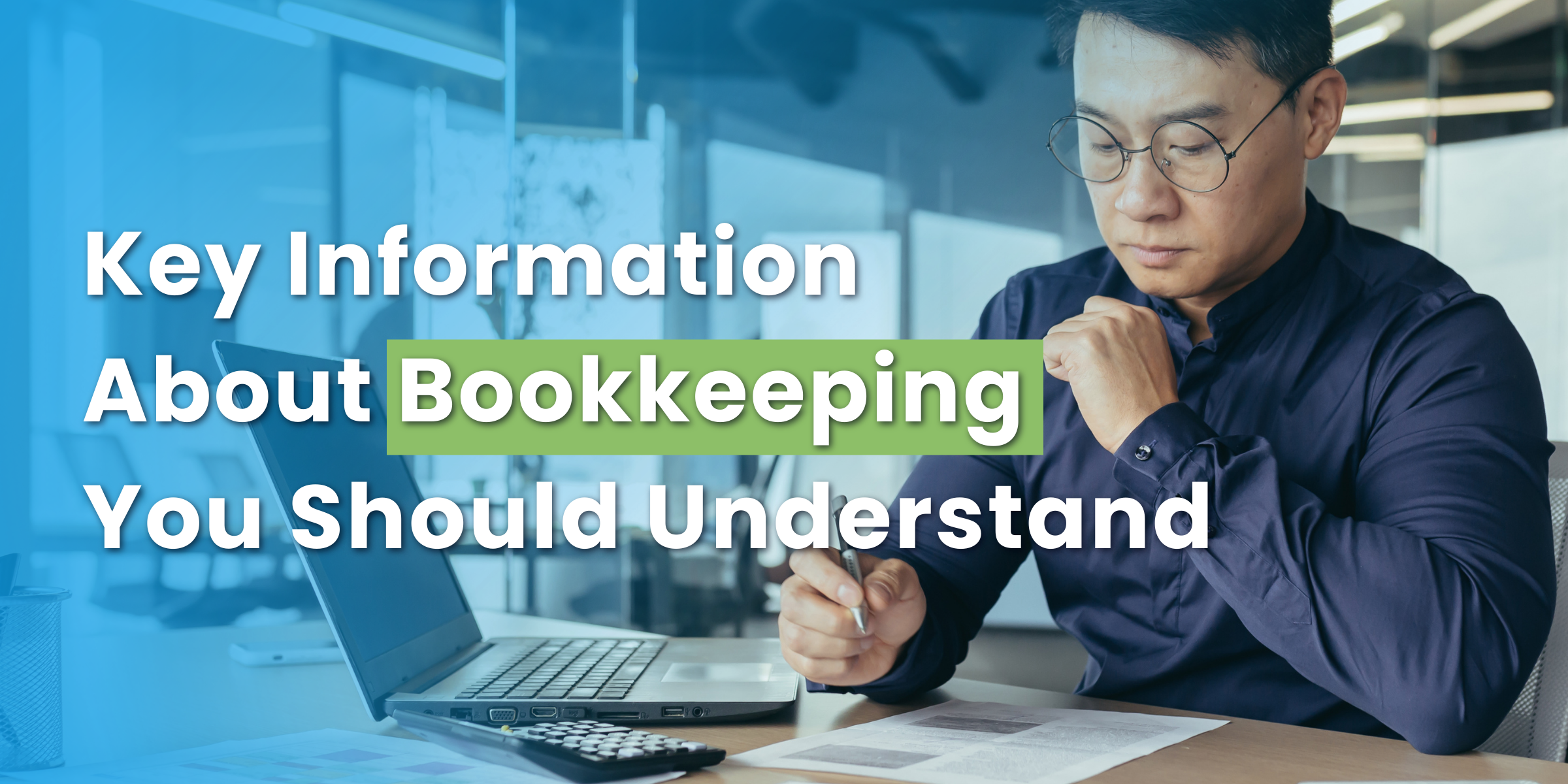As a freelancer or online seller, there is essential information to grasp about bookkeeping, especially since the Bureau of Internal Revenue (BIR) mandates the maintenance and submission of Books of Accounts. These records document your business transactions and must be filed with the BIR within specific deadlines.
This necessitates meticulous record-keeping for all sales and purchases, ensuring accuracy, and making them readily available for potential BIR audits, often conducted without prior notice, known as Tax Mapping.
What are the specific Books of Accounts required for my business?
You should consider the nature and scale of your freelancing or online selling activities, including the number of customers or clients you serve and your earnings. The table below offers guidance on book selection based on your business type:
| BOOK | BUSINESS TYPE | ||
| Service | Retail | Manufacturing | |
| General Journal | ✔ | ✔ | ✔ |
| General Ledger | ✔ | ✔ | ✔ |
| Cash Receipt Journal | ✔ | ✔ | ✔ |
| Cash Disbursement Journal | ✔ | ✔ | ✔ |
| Sales Journal | ✔ | ✔ | |
| Purchase Journal | ✔ | ✔ | |
| Inventory Ledger | ✔ | ||
| Cost of Sales Journal | ✔ | ||
Different types of Books
Books of Accounts come in three types: manual, loose-leaf, and computerized.
Note: Maintaining multiple sets of Books of Accounts is not permitted.
- Manual Books of Accounts: These are handwritten journals and ledgers, requiring meticulous care to avoid errors or erasures. You can continue using the same book until all pages are used up. However, you must register new books at your Revenue District Office (RDO) before April 15th each year, coinciding with the filing of your first quarterly or annual income tax return.
- Loose-Leaf Books of Accounts: These are computerized records of your transactions that you print and bind. Approval from the BIR is necessary before using this method. Submission of the bound copies with a sworn statement of correctness is required every January 15th or fifteen days after the end of each taxable year to your RDO.
- Computerized Book of Accounts: These are software-based tools for recording transactions. You must ensure that the software is registered with the BIR, and you need a permit before using it for your business. Submission of the books in a Text File format on a Read-Only CD is necessary on January 30th or 30 days from the closing of each taxable year.
How long do I have to keep my books?
Irrespective of the book type, the BIR mandates the retention of hard copies of your Books of Accounts, subsidiary books, and accounting records for 5 years. Preservation for up to 10 years is required, counting from specific dates, depending on your payment status and the last entry of the taxable year in which the book was created. Only after the date specified by the BIR can you maintain electronic or digital copies of your books.
To register your Books of Accounts with the BIR
You can initiate the process when acquiring your Certificate of Registration (COR) and your Authority to Print (ATP). Find out how you can get your COR and ATP, here.
The registration procedure depends on your business structure, the required forms are:
- 1901 for sole proprietors and;
- Form 1905 for partnerships.
Permanently bound books of accounts, your current or latest Form 0605, and other relevant documents should be submitted to your RDO.
Do you need help with your bookkeeping? Ask an accountant from one of our Partner Firms, today.

